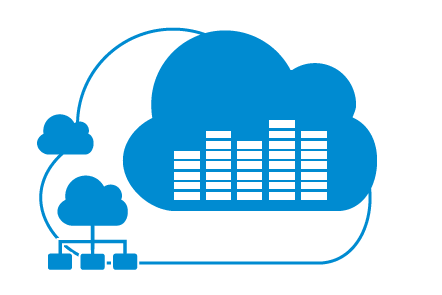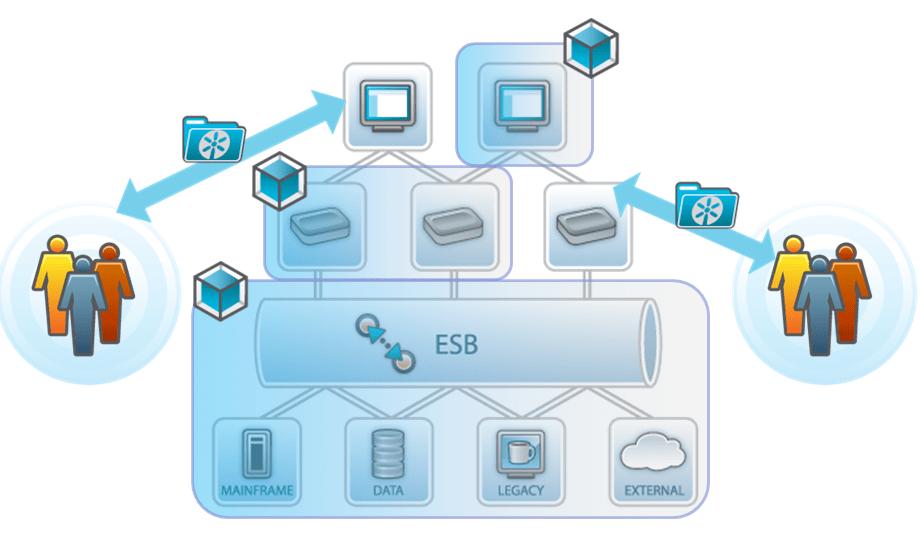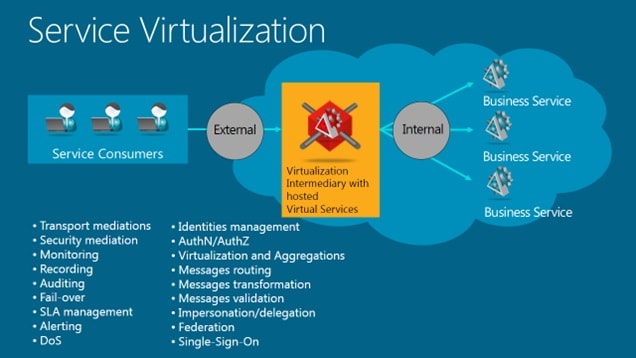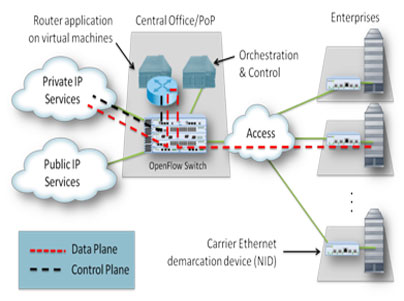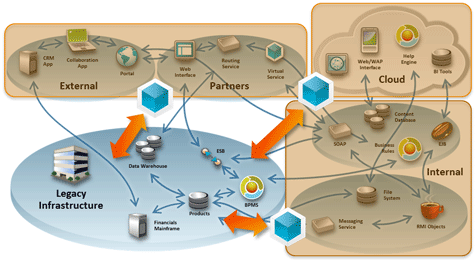Virtualization Services
Virtualization refers to technologies designed to provide a layer of abstraction between computer hardware systems and the software running on them. By providing a logical view of computing resources, rather than a physical view, virtualization solutions make it possible to do a couple of very useful things: They can allow you, essentially, to trick your operating systems into thinking that a group of servers is a single pool of computing resources. And they can allow you to run multiple operating systems simultaneously on a single machine.
Virtualization has its roots in partitioning, which divides a single physical server into multiple logical servers. Once the physical server is divided, each logical server can run an operating system and applications independently.
Benefits of Virtualization
Virtualization can increase IT agility, flexibility, and scalability while creating significant cost savings. Workloads get deployed faster, performance and availability increases and operations become automated, resulting in IT that's simpler to manage and less costly to own and operate. Additional benefits include:
- Reduce capital and operating costs.
- Minimize or eliminate downtime.
- Increase IT productivity, efficiency, agility and responsiveness.
- Provision applications and resources faster.
- Enable business continuity and disaster recovery.
- Simplify data center management.
- Build a true Software-Defined Data Center
We mainly use VMware and Hyper-V to achieve the above

